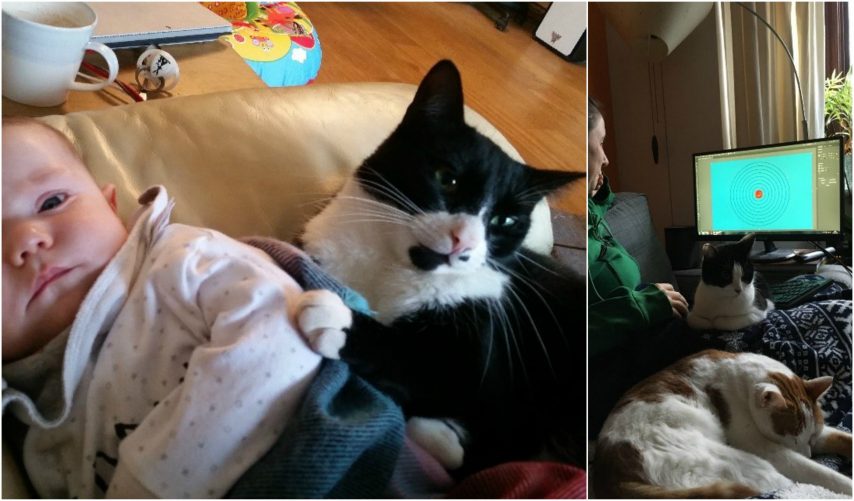For those of you that don’t know Kickstarter is a global crowdfunding platform focusing on creativity. It aims to help creators (musicians, designers, filmmakers etc) find the support and resources they need to make their ideas into a reality. Kickstarter is a global community of over 14million people who have, since its launch in 2009, backed 138,381 projects, pledging $3.5billion. ‘Games’ is one of 8 Kickstarter sub-categories and the world of board games is seeing more and more games launched this way, rather than via traditional publishers – so there is clearly a reason to do this. Here are some of our thoughts:
The experience: Who doesn’t love a challenge; Setting up your own company, developing a great product, working out how to make and ship a product around the world! A publisher does much of this for you, in particular: the production, shipping etc. In our day-jobs we know all about product development, working with manufacturers across the world – so why wouldn’t we make the most of this knowledge.
Marketing: Yes a Kickstarter campaign could help reach customers that otherwise wouldn’t have heard of the game, but most of the funding comes from a pre-existing social network and customer-fan base. An existing publisher already has this fan base, who know their existing work and often buy a game just because they liked other games by the publisher. Their black book of thousands of email addresses is an incredibly valuable asset!
Money: A publisher will clearly take a cut from the sales – they don’t publish games out of the goodness of their own hearts! With Kickstarter you get to keep any profit, but you also take the risks – what happens when you significantly underestimate how much it will cost to fulfil a project.
Resources: Most publishers have in-house artists and sculptors already who are used to the graphic style expected of their games. This can save time and money polishing a game to production ready standards. When self publishing via Kickstarter we have a chance to choose our own artists or even design the artwork ourselves.
Risk management: Publishers come with a track record of successfully delivering good quality games and this greatly reduces the risk of a potential customer making them more willing to invest and trust that the final game will deliver.
Backing the dream: We have backed many games on Kickstarter. In the early days it felt like you were genuinely backing someone’s dream. As purists, we think Kickstarter should be about funding creativity, allowing someone to make something they wouldn’t be able to without the backers’ initial investment. Recently it seems it’s more about simply pre-ordering boardgames from a shop. For example we backed a game (no names!) and as backers thought we would get a copy of the game before the general public… but found the game on sale at a Games show several months before we received our copy! Oh well, lost in transit, Kickstarter copies eaten by lions, who knows… maybe we would get something extra for backing the game… well without paying extra you got your names in the credits and a print and play version. Maybe we got a good deal – nope same price as you would pay at the Expo. Well this ruined the fun of the game for us – and we still haven’t played it! And there are problems with other projects too; such as the infamous shutdown of the Lily Camera Drone project which raised $34million in pre-sales and $15million in investment https://www.recode.net/2017/1/16/14274254/lily-drone-lawsuit-refunds. I don’t mind people making a profit from their games – who doesn’t want to sell one boardgame, retire and live on a tropical island in luxury. But you are asking someone to give you often a reasonable chunk of money in the exchange of a promise of a game that you will actually enjoy playing – it will be good – honest! Stretch goals are there for a reason – appreciate the community and investors, put them first. We’re in it for the love of boardgames and the chance to actually make something fun.
We asked Jamey Stegmaier of Stonemaier games (Scythe, Viticulture, Charterstone etc) during a Facebook live event about Kickstarter and whether he thought the Kickstarter bubble was going to burst. You can see his response on the video.
We also asked him about his cat, so thought we’d share our pictures of our cats, after all this is the internet!
